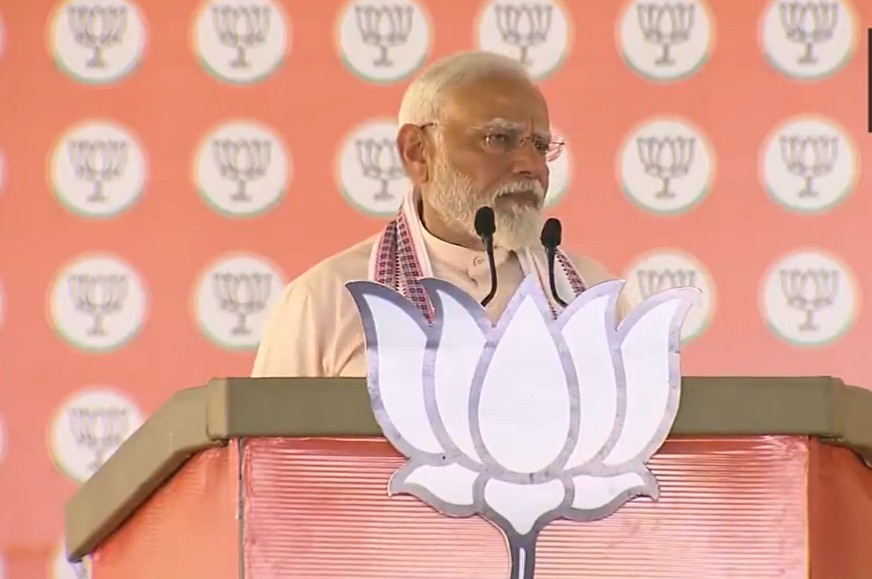Prime Minister Narendra Modi, during his address at the Vijay Sankalp Rally in Morena, Madhya Pradesh, shed light on the historical context and implications of the Inheritance Tax, highlighting significant revelations about its impact on the political landscape.
In his speech, Modi presented eye-opening facts about the Inheritance Tax, recounting a pivotal moment during the tenure of former Prime Minister Indira Gandhi. He stated, “The facts relating to Inheritance Tax are eye-opening…When former PM Indira Gandhi died, her children were going to get her property. But there was a rule earlier, that before the property goes to the children some part of it was taken by the government.” Modi elaborated on how, in order to safeguard the family’s property from such taxation, the then-Prime Minister Rajiv Gandhi made the decision to abolish the Inheritance Tax law.
Modi’s remarks at the Vijay Sankalp Rally unveiled a lesser-known aspect of India’s tax history, highlighting the significant role played by political decisions in shaping fiscal policies.
The Prime Minister’s address serves as a platform for the BJP to disseminate information and rally support for its policies while critiquing the opposition.
Modi’s revelations are expected to spark discussions and debates, particularly concerning the historical context and implications of the Inheritance Tax law. As citizens digest this new information, they will likely reflect on its relevance to contemporary tax policies and governance.
The Prime Minister’s speech not only informs the public but also underscores the BJP’s commitment to transparency and accountability in governance. With elections looming, such insights into the country’s fiscal history are likely to resonate with voters and influence their perceptions of political decision-making.



